The truth of the matter is Systemic Lupus is a disease that can affect any organ.
But, around half of the time, the target appears to be the kidney. This then becomes known as “Lupus Nephritis.”
Nephritis” means inflammation of the kidneys.
This occurs when your own ‘T cells’ infiltrate your kidney tissue and trigger a decrease in oxygen. Thus, leading to tissue damage.
T cells are important white blood cells of your immune system.
This condition is a serious concern for lupus patients. In fact, 10% of patients with Lupus Nephritis will develop End-Stage Renal Disease (ESRD). [1]
A rate that hasn’t changed much over the last two decades. Despite better treatment options. [2]
Your risk of ESRD will be higher if you are within a certain subset of Lupus Nephritis. For example, if you have class 4 Lupus Nephritis then your risk may be as high as 44% over 15 years. [3]
What’s more, having lupus nephritis means you have a higher chance of dying early. But survival rates improve more than double if you can maintain remission over 10 years. [2][4]
Thus, highlighting why kidney health is vital to those like me who have lupus nephritis.
How to treat Lupus Nephritis?
The aim of treating Lupus Nephritis is to: [5]
- Stop and overturn kidney inflammation
- Reverse acute kidney dysfunction
- Prevent scarring (an irreversible loss of nephrons – the functional unit of the kidney).
- Avoid the development of chronic kidney disease (CKD)
This is important because the body’s response to a loss of functional nephron mass can in itself be damaging. Leading to further scarring, and instigating a vicious cycle of kidney function decline.
Apart from medical interventions like suppressing the immune system and taking corticosteroids. We need to check our lifestyle and diet choices.

How important is diet on kidney health?
Nutritional status seems to influence disease activity and quality of life in CKD patients. [6]
Dietary patterns are, “the consumption of foods that reflect habitual dietary intake.”
In other words, your diet is the food you eat on regular basis.
For this reason, a dietary pattern can be either “healthy” or “unhealthy.”
Following a healthy diet may play a protective role in the primary prevention of CKD. Yet, it remains unclear what type of “healthy” diet is best. [7][8]
Researchers realise that eating certain foods can:
- Reduce inflammation and its markers [9][10]
- Lower oxidative stress [11]
- Decrease dietary acid load [12]
So, which foods should we eat to achieve such benefits? That is the question this article will answer.
Read on the learn the 5 science-backed factors to focus on for every meal you make. Follow these and every meal you eat will be kidney-friendly.
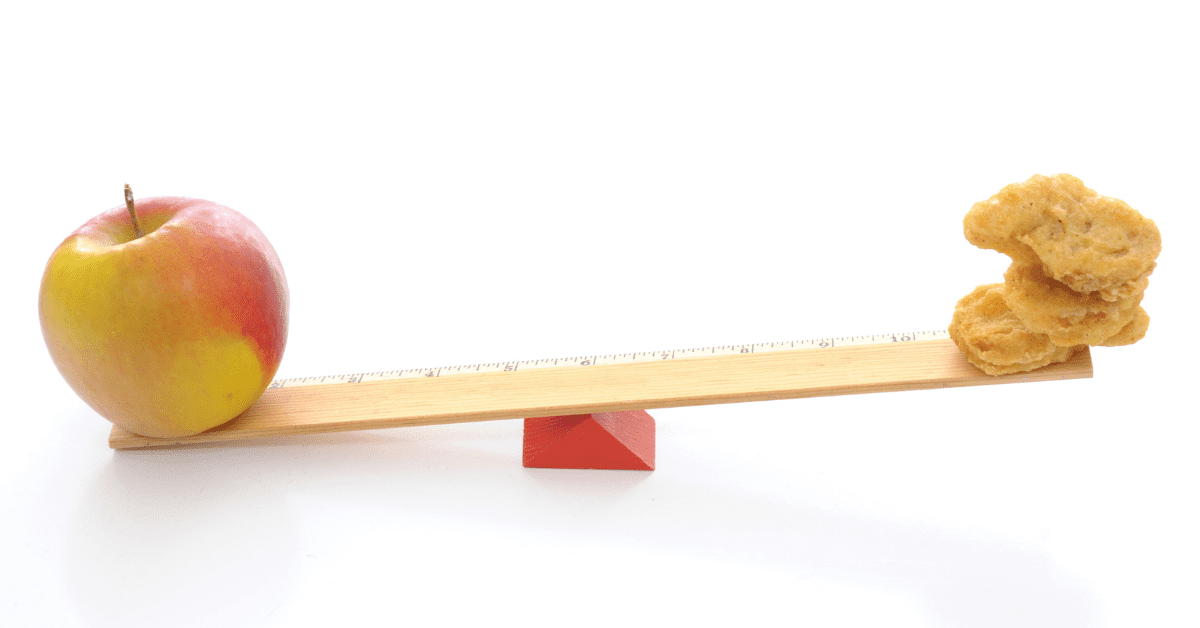
#1. Keep calories low
The Western diet of today is all about ‘convenient consumption’. Overeating processed food on a daily basis. This can lead to health issues that may shorten your life, such as obesity, diabetes, and heart disease.
It also adds to the silent sickness people in the western world face called “hidden hunger”. This is where you are over-fed, but under-nourished.
Restricting your calories with proper nutrition seems to prolong life. Alongside delaying the onset of age-related disorders by reducing nasty “reactive oxygen species” in the body.
In other words, calorie restriction is like a natural “antioxidant” method. [13]
This could be crucial as “free radicals” may further aggravate the course of the disease. Contributing to complications further down the road. [14]
One extreme low calorie and carbohydrate diet is the “very low ketogenic diet.”
But because it contains plenty of protein – in comparison to carbs and fats – some say it may damage kidney function. Meaning they are usually not recommended in people with kidney issues.
Yet, research shows the opposite. With a very low ketogenic diet appearing to reverse poor kidney function. Both in inflammation and damage. [15][16]
What’s more, low-calorie diets with proper nutrition will help you lose weight. [15] For example, a very low ketogenic diet is an ideal therapeutic tool for people with obesity. [17]
Losing weight seems to reduce “proteinuria” – too much protein in your urine… a hallmark of kidney damage. It may also prevent further damage to the kidneys. [18]
– Click here to learn if Antioxidants are Good for Lupus? –
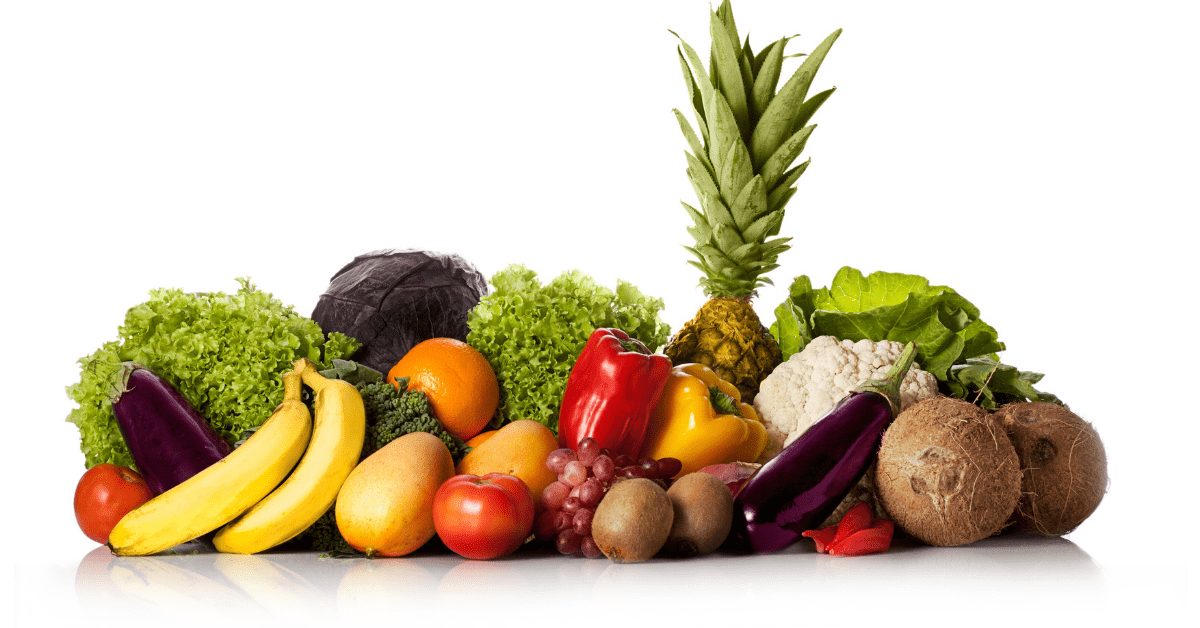
#2. Fruit and Vegetables
Over time high blood pressure (Hypertension) can damage your kidneys. Making your blood pressure relevant to kidney health.
Fruits and vegetables appear to be effective in protecting your kidneys and lowering blood pressure. [19] Among many other benefits.
Eating more fruits and vegetables will also help lower your dietary acid levels as they are “alkaline”. [19] This is important as the typical high-sugar western diet will increase your acid levels. Therefore, perhaps raising your risk of hypertension and early death. [20]
Likewise, eating more fruit and veg seems to reduce salt intake, but increase potassium. Salt raises blood pressure, which you do not want. Whereas potassium appears to lower blood pressure, making it good. [21]
In fact, running low on potassium can damage your kidneys even further. Allowing salt to join your rouge immune system in giving your kidneys a kicking. [22][23]
Eating a diet rich in potassium appears to benefit the kidneys. For all; those with or without chronic kidney disease. [21]
Still, it is possible to go overboard. So, do not supplement with potassium unless it’s under your doctor’s orders. Get your potassium and the other goodness from your food.
– Read here for the best fruits and vegetables for kidney health –
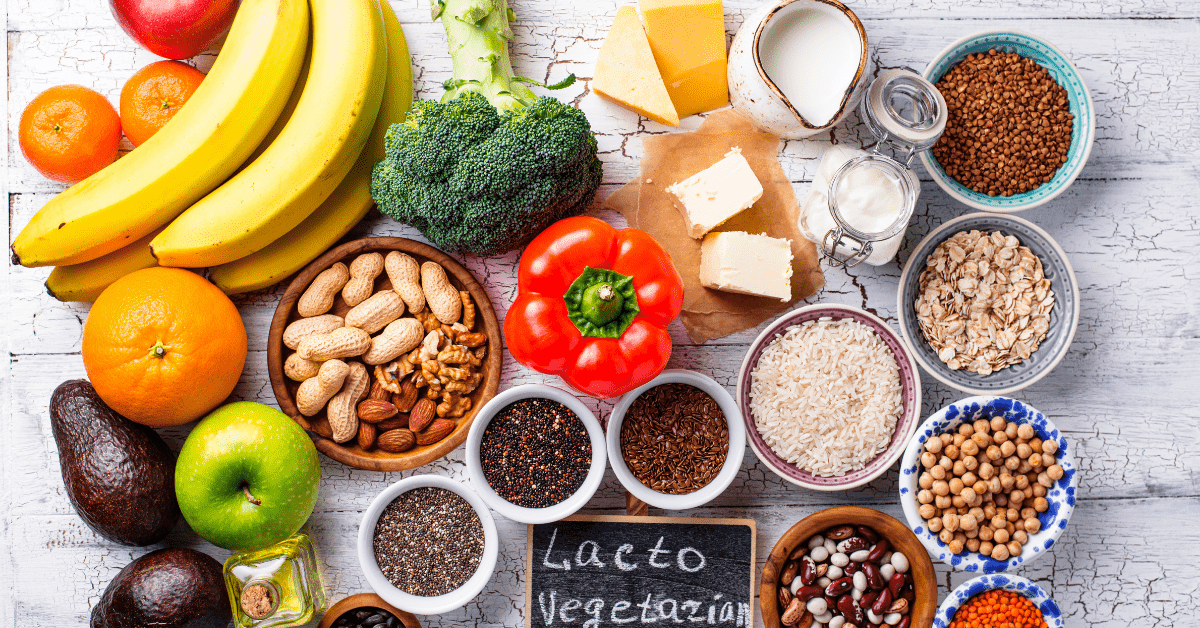
#3. Mostly Be Meat-Free
Like with lupus, blacks seem to have a harder time with chronic kidney disease than whites. With higher rates in all departments: diagnosis and death.
The reason for this seems to come down to phosphate levels – not genetics. [24]
Phosphate is a mineral found in foods like meat, seafood, milk and flour. It is vital for the health of your bones and teeth. As well as energy production and formation of cell membranes.
But, manufacturers add phosphates to foods to give them a longer shelf life and make them more appealing. Making processed and junk food rich sources of hidden phosphate. All in all, the cheap staple food of the western diet.
This includes processed meat like bacon, ham, roast beef, etc. Phosphates may be in around 65% of processed-meat products. [25] This is on top of the natural phosphates found in meat. Both of which seem to raise your risk of developing CKD or making it worse. [26][27][28]
Since the kidneys excrete excess phosphate, patients with CKD may develop increased blood levels of phosphate… or “hyperphosphatemia.” This is often seen as a “silent killer” because of its dramatic effect on the artery walls. Leading to heart diseases and death. [29]
Hence it is worth having more meat-free days than meat-eating days. As well as opting for grass-fed, free-range meat options.
In fact, a vegetarian diet seems to lower phosphate levels. Allowing you to avoid accumulating too much of this mineral. [24]
They also appear to lower the risk of developing chronic kidney disease. [25][26][27] Therefore the risk or worsening of lupus nephritis in lupus patients.
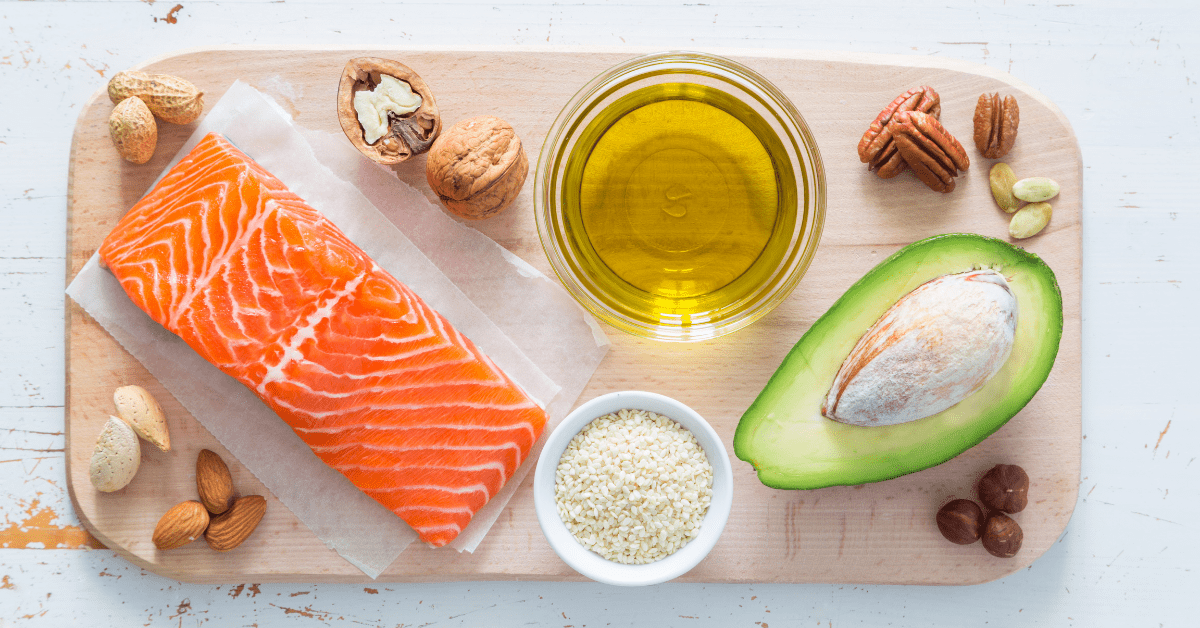
#4. Fit in those Good Fats
Vegetarian diets give you plenty of dietary fibres, folic acid, magnesium, potassium, vitamin E, vitamin C, and carotenoids. As well as the many antioxidant phytochemicals they contain.
But a meat-free diet also offers higher levels of omega-6 fatty acids. [28] As does the typical Western diet. In which omega-6 may make up as much as 10% of your total energy intake. [29]
Omega-6 fatty acids, primarily found in vegetable oils, have mixed effects on health but generally promote inflammation.
For instance, a 5-year study shows a diet high in omega-6 fats raises the risk of both inflammatory and neuropathic pain. [30]
While another researcher paper also shows a higher ratio of omega-6 contributes to “proteinuria.” [31] This is when there is too much protein in your urine… a hallmark of kidney damage. One with links to difficulty thinking clearly. [32]
Studies show that lowering omega-6 intake can restore balance. When taken alongside more omega-3 fats. Thus, improving kidney health and lowering inflammation. [30][31][32][33]
This is important as omega-6 and omega-3 fats compete within your body. [34]
You can increase your omega-3 levels by eating fish. Or taking at least two grams a day of supplements like krill oil. [35] [36]
For meat-free days opt for 30-grams of flaxseed a day as this can improve kidney function. [37]
– Click here to learn more on the good, the bad and the ugly of fish –
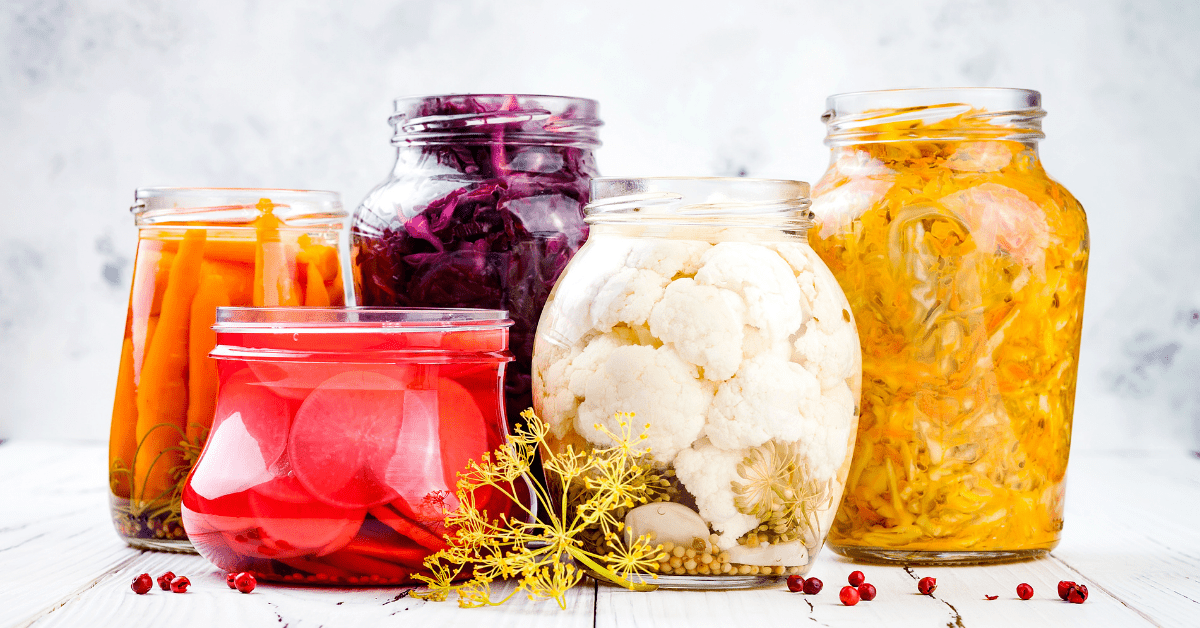
#5. Do not forget fermented-food
A “friendly” bacteria found in yogurt, kefir, and many other dairy products could help to reduce your kidney inflammation.
It appears to do so in women with lupus at least, one study suggests. [38]
Adding “Lactobacillus” to the diets of mice with lupus nephritis led to improvements in kidney function and increased their survival. But only in female mice. The reason why may be due to testosterone suppressing good gut bacteria.
That said, a Lactobacillus mix can improve kidney function by reducing kidney injury and fibrotic-related proteins. It may also lower oxidative stress and pro-inflammatory reactions and raise immune responses within your kidney. [39]
What’s more, the lactobacillus mix seems to restore commensal bacteria balance. Reversing gut “dysbiosis” … the unhealthy change in the balance of your gut bacteria. [39] A condition with ties to CKD, alongside lupus and other autoimmune conditions. [40]
A potential explanation on why taking probiotics reduces inflammation and antibody production… leading to lower severity of lupus. [41]
What are Lactobacillus bacteria?
Lactobacillus is a type of “good” bacteria that live in the digestive, urinary, and genital systems. Meaning they are within you from your mouth down to where the sun does not shine. As well as the skin. [42]
To increase Lactobacillus levels, you need to eat fermented foods as well as dietary supplements.
Good choices include eating traditional sauerkraut, kimchi, and fermented veggies. As well as yoghurt, kefir, raw cheese and amasai from 100 percent grass-fed cows.
It is possible to drink this goodness also. Fermented drinks like apple cider vinegar, coconut kefir, fermented ginger-ale, kombucha, and others are all options for you to drink throughout the day. [43]
These foods are rich in enzymes, probiotics, and key amino acids. Helping the beneficial microflora destroy pathogenic organisms in the body. Use these foods as much as possible. For added help, add a high-quality probiotic supplement with 50+ billion CFU’s.
Final Thoughts
The kidneys are a common target for the lupus-led rogue immune system. When this happens, it can mean you have poorer prospects than those with healthy kidneys.
Living with lupus nephritis myself, I know diet plays a role on how much damage the immune system can do. If you eat poor, the kidneys get more of a kicking. Simples.
To battle back it is important to heat a healthier diet. To keep this simple, there are 5 things you can keep in mind when designing a plate of food:
- Keep calories low: eat below your means; do not overeat.
- Fruits and Vegetables go on first. They are nutritionally dense foods that are rich in goodness like fibre and vitamins.
- Be more vegetarian than carnivore. You do not have to be meat-free, but limit meat to a few days a week. Treat meat as a treat.
- Get in those good fats. There is an internal seesaw going on in your body, put your weight behind Omega-3, not omega-6.
- Fit in Fermented Foods. Include fermented foods where possible or eat them as a side dish. Failing that you can always drink this gut-goodness.
Pingback: What is Lupus? -
Pingback: 5 Unexpected Ways Dietary Fibre Benefits Systemic Lupus -
Pingback: A Quick-Lesson on the dates on Food Labels -
Pingback: 84 Lupus Symptoms and Signs -